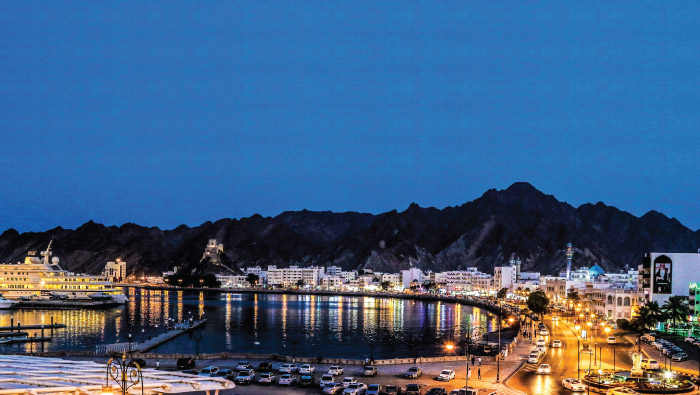
Muscat: Expats living in Muscat pay less for goods and services than those who live in the capitals of the other five countries of the Gulf Cooperation Council.
According to a survey put together by Xpatulator, which calculates the cost of living for expatriates across 13 areas including clothing, communication, education, furniture, groceries, accommodation, and transport, Muscat is ranked 333rd among 400 national and state capitals around the world.
Among the rest of the GCC capitals, Abu Dhabi in the United Arab Emirates was the costliest at rank 79, followed by Doha, Qatar (106), Kuwait City, Kuwait (217), Manama, Bahrain (232), and Riyadh, Saudi Arabia (252).
The Xpatulator cost of living process compares the costs of living in a particular city, to how expensive it is to live in New York. New York is given a base level of 100, with the cost of items in other cities rising or falling below that number, depending on how much people need to pay for them.
For example, people who buy clothing in Oman need to only pay 68 percent of what they would in New York.
“Cost is low for items such as business, casual and children’s clothing and footwear,” explained Xpatulator.
“A basket of goods costing $1,000 in New York costs $680 in Oman. Average price for an international brand of men’s jeans is $42, a quality international brand of running shoes $64, men’s leather shoes suitable for office wear $56, while a medium size international summer dress from a global chain store is $38.”
Muscat turned out to be cheaper than New York in terms of transport, eating out, personal care, recreation and culture, household accommodation, healthcare, groceries, education, and home appliances. Communication costs in Muscat, however, are more expensive.
“One of the major benefits in Oman is the low cost of living in the country, which leads to better savings,” said Mukesh Sharma, an Indian national in Muscat. “This is a big incentive to come here over other Middle Eastern countries.”
Rohit Kumar, another expat, added, “I think what people look for when they move overseas for work is a welcoming nature, as well as good and affordable standards of living, and Oman certainly has that.”
Singapore and Hong Kong are the most expensive cities in the world for expats, according to Xpatulator rankings. Monaco, Oslo, Geneva, Zurich, San Francisco, Hamilton, Copenhagen, and Macao round up the top 10 costliest cities for foreign workers.
The cheapest city for expatriates is Johannesburg in South Africa, followed by Bamako, Mali, and Port Louis on the island of Mauritius.